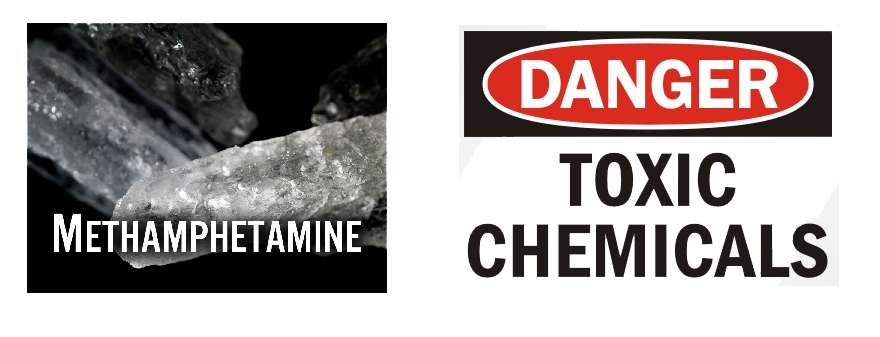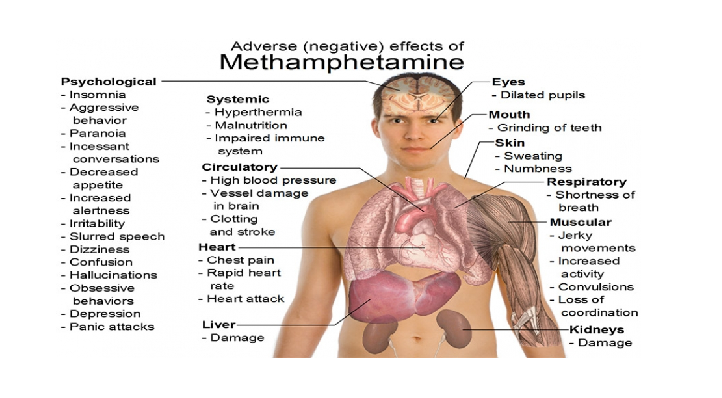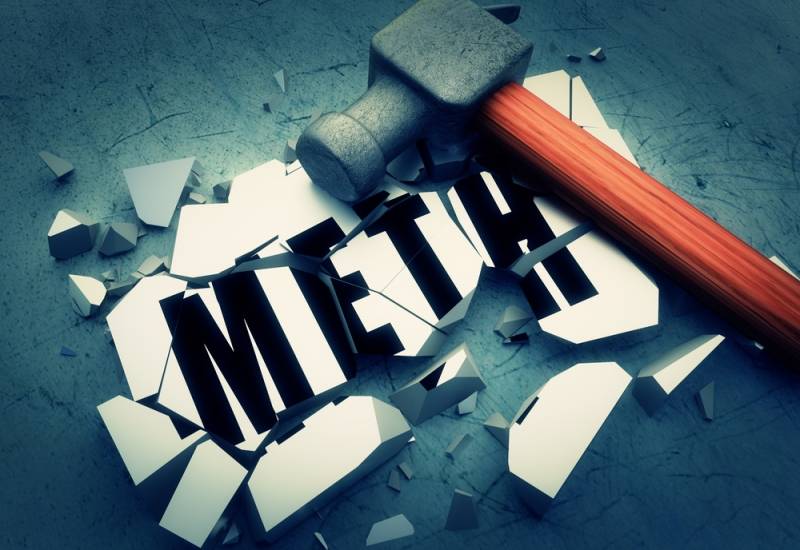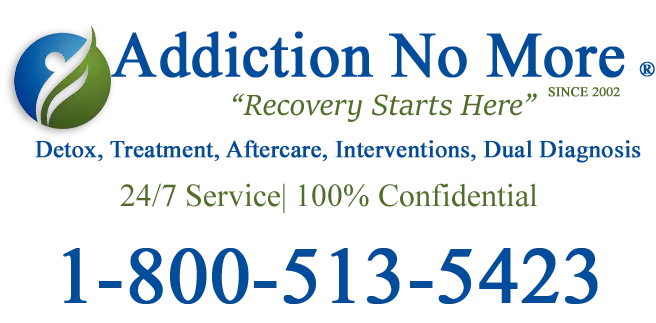Crystal Meth Rehab Centers and Meth Addiction
Meth addiction and withdrawal symptoms can have lifelong consequences for someone who has been addicted to meth for long periods of time. Addiction and treatment for crystal meth addiction should be done in a residential drug rehabilitation facility for meth addiction. The most common detox from methamphetamine addiction is sleep and a healthy diet but on some occasions, it may be necessary to help with depression and anxiety issues that are common for someone withdrawing from methamphetamine addiction. Anti-depressants and anxiety medications can be added to the withdrawal protocol to aid in the comfort of the individual in treatment. We can help you find a local detox center today. Call us now. Treatment options for methamphetamine dependency will start with detoxification either done at home, at a meth detox center in your area, or at the inpatient drug rehab center for meth addiction. Treatment for meth addiction needs to be handled in the right way. We can help you find a drug rehab center for meth addiction today. Call us 24 hours a day, 7 days a week.
1-800-513-5423
The cost of treatment can depend on many factors.
There are state-run treatment programs available for those who qualify or do not have insurance. Check with Drug Rehab Services or the substance abuse and mental health treatment locator (SAMHSA)for more information on state-funded programs.
The type of program can greatly vary the amount of money it takes to receive services at their treatment program for meth addiction. Most of the treatment programs base their cost on the staff-to-patient ratio and level of care available including amenities. These services can increase the cost associated with treatment.
- Length of treatment
- Location of the treatment facility
- Services
- Amenities
- Staff-to-client ratio
- Location
- Activities
- Medical staff
You can contact us if you have any questions about what your insurance will or will not cover for treatment. Different insurance providers will have a copayment that has to be met before being able to access some or all of your benefits for mental health. Co-payments and payment plans are at the discretion of the center and can sometimes be waived if the person really wants help and they have a bed available. We can help assist you in finding a treatment program that will work with your insurance plan give us a call and we will help you find the best option for a meth addiction rehab center. We can help you or someone you love find the best Drug Rehab Center for addiction today. Addiction No More is an Addiction Treatment Center locator service. For immediate service, please call one of our counselors 24/7.
Please Note: This is not an official Assessment or Evaluation form. This form is not admissible in court or for probation officers and is not accepted by caseworkers. Addiction No More is here to help you find treatment for addiction. We can not give any legal advice. If you are looking for a rehab center please fill out this form or call us now.
Disclaimer: This evaluation is not intended to constitute a diagnosis of any disorder. The information provided here cannot substitute for a full evaluation by a health professional which must be done in person. Call us 24 hours a day, 7 days a week for help locating a treatment center for addiction.
1-800-513-5423
Meth Addiction Treatment Centers
Call now for immediate service.

Methamphetamine: A brief history of the drug and its path into mainstream usage and abuse. Crystal Meth, Methamphetamine, commonly known as Speed, chalk, up, crystal, glass, peanut butter, crank, and Meth has many other names. Methamphetamine has been around since 1887 and was made in Germany. It has evolved in products and techniques over the years, to make it more potent than previously designed. Methamphetamine saw wide usage during world war II, both sides used it to keep troupes awake and alert for battle. High doses of the drug were given to Kamikaze pilots before their suicide missions. After the war, the supplies of methamphetamine made their way to the general public, and the use by injection reached epidemic proportions.
In the 1950s, meth was prescribed as a weight loss drug to fight depression, making the drug accessible to the general public, and was heavily abused by truck drivers athletes, and college students. The shift in addiction rates changed in the 1960s when an injectable version of the drug became available, making the abuse more widespread. In the 1970s, the American government made methamphetamine illegal for most uses, stemming the illegal production of the drug, controlled by motorcycle gang distribution networks. This made the drug more available to urban housewives and young professionals that could not afford the more expensive cocaine. The 1990s gave birth to the Mexican drug traffickers and cartels, setting up huge labs in California, producing 50 or more pounds in a weekend, along with what they called “stovetop meth”, cooked in kitchens around the country, making the spread of the drug faster than any drug in history.
How is methamphetamine used?
Methamphetamine is a very versatile drug. It can be smoked, snorted, and ingested. How you use the drug, will determine the side effects or highs, you get. Methamphetamine use patterns are not that uncommon. As with most stimulants, there is a direct pattern of binge usage with a period of a crash or downtime. This pattern is very noticeable in most abusers of the drug downtime stem erratic behaviors. The most common ways of use of the drug have tipped towards smoking it, usually in a glass pipe with a bulb and a small hole at the top. Meth is brought to temperature through indirect heat making the crystal bubble and smoke leaving a black tar like residue that can be heated up and smoked again.
Long-term and short-term effects of meth abuse
Methamphetamine is a strong stimulant and can lead to loss of appetite, increased physical activity, and loss of sleep. When smoked or injected, the user gets a rush-type feeling that is short-lived and leads to more of the drug needed to regain that rush feeling. Ingesting the drug orally or snorting it up the nose can produce an ongoing high rather than a rush you would get from injecting or smoking the substance. Both the rush and the long-lasting high are a direct result of dopamine being discharged higher than normal levels, creating an intense feeling of pleasure followed by depression and weakness on the downside. High doses of methamphetamine can bring the body temperature to dangerous levels as well as cause seizures.
Long-term methamphetamine abuse can have many physical and mental destructive side effects. Methamphetamine abusers can exhibit violent behavior, confusion, insomnia, and anxiety. They can also suffer from psychotic breakdowns including, paranoia, auditory and sensory hallucinations, rapid mood swings, delusions, and sensations of things crawling under their skin. Some meth users can have homicidal or suicidal thoughts, that can result in harm to themselves or others.
Chronic methamphetamine use can lead to severe lead poisoning due to manufacturing errors. Another possible risk for methamphetamine abuse can result in inflammation of the heart lining, and among users who inject the drug, damaged blood vessels and skin abscesses are very common. Methamphetamine use during pregnancy can have long-lasting effects on the baby including increased rates of premature births, prenatal complications, abnormal reflexes, irritability, and congenital deformities.
1-800-513-5423

What treatment options are available for people abusing methamphetamine?
Behavioral-type programs seem to have the best result for the person seeking to recover from methamphetamine abuse and addiction. Cognitive Behavioral Therapy, Dialectical Behavioral Therapy, and Moral Reconation Therapy in conjunction with a contingency management program, provide a reward system for abstinence, and program goals reached seem to hold the greatest results in treatment for meth addiction. Medications have not shown to be a significant help in the treatment of methamphetamine addiction unless there is an underlying mental condition that has gone untreated or undiagnosed.
- Dual Diagnosis Treatment programs offer medical intervention with therapeutic counseling to handle any underlying mental condition that is not being treated. Dual-diagnosis treatment programs handle these conditions as well as treatment for the addiction to methamphetamine.
- Dual Diagnosis treatment includes these disorders:
- ADHD Attention deficit hyperactivity disorder
- Depression
- HIV
- Hepatitis
- Anxiety
- Psychoses
- Holistic addiction treatment for meth addiction can often be an alternative form of therapy to stop using crystal meth. There are facilities that offer a holistic approach to addiction and have had some great success in the treatment of methamphetamine addiction. These approaches use non-medical means to handle addictions, through the use of Eastern philosophies, vitamins, massage, acupuncture, healthy living, and traditional therapy models.
- Traditional treatment offers therapeutic treatment for meth addiction in their drug rehabilitation centers. Traditional treatment programs for meth are the most popular treatment programs available and have made great strides in treating addiction to methamphetamine.
- Christian treatment centers offer a unique path to treatment through the teachings of Jesus Christ and the Bible. Faith-Based Treatment or Christian Drug Rehab provides treatment for people of all faiths and includes treatment for those with no faith at all. Spirituality is not something that should be a secondary concern when treating addiction but is at the forefront of treatment. Each person that enters into treatment at one of our Christian treatment programs is special to us and their treatment is specifically designed to cover all the issues that they are dealing with.
We can help you or someone you love find the best drug rehab center today. Addiction No More is an Addiction Treatment Center locator service. For immediate service, please call one of our counselors 24/7.
1-800-513-5423




